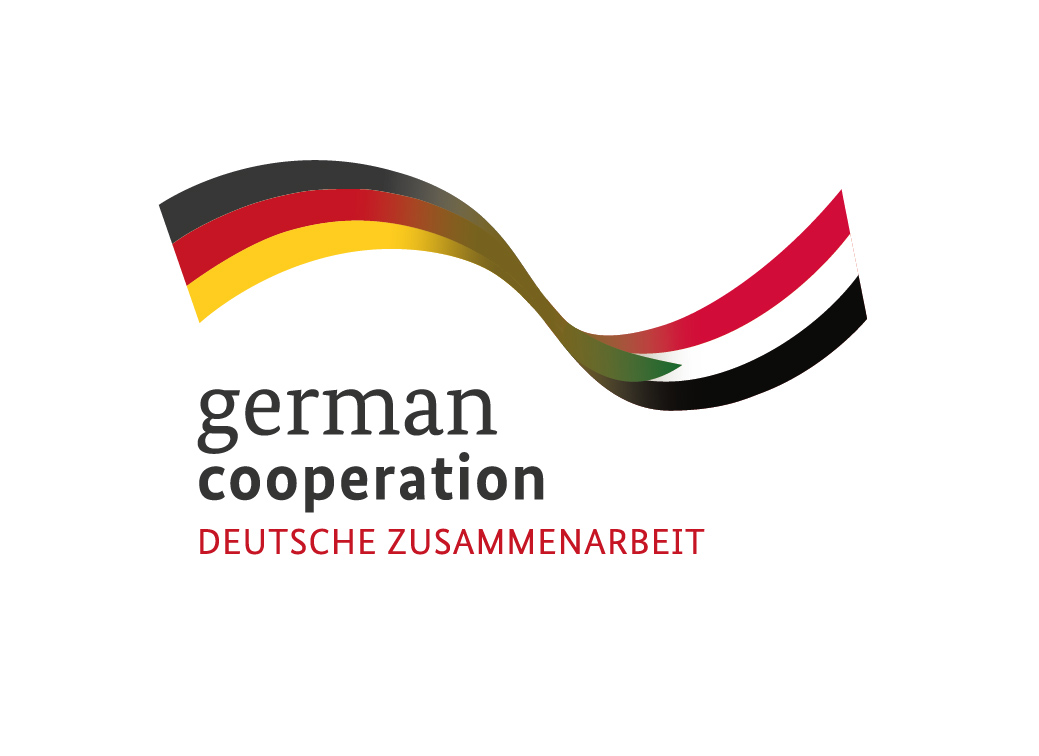Hassan Ishaq | Sudan Post | 31/07/2023
In the International Justice Symposium held by the Wayamo Organization with the African Group for Justice and Accountability at the Aga Khan University on the nineteenth of last May in the Kenyan capital, Nairobi, the symposium referred to the concept of compensation, related to individuals and groups who have historically been subjected to deprivation, persecution or harm as a result of systematic injustice by State institution in Sudan.
In addition, compensation is a form of redress aimed at redressing past wrongs and correcting the continuing effects of discrimination, and can take various forms, including compensation, land restitution, educational opportunities, health care provisions, and other targeted measures for the advancement of affected communities. The specific details, and scope of the remedies, will vary depending on the context and nature of the injustice being redressed.
Defendants argue that the concept often arises in discussions of historical grievances such as slavery, colonialism, and other forms of state-sponsored discrimination and oppression. Supporters argue that reparations are necessary to acknowledge and repair the social, economic, and psychological impact of past grievances on individuals, families, and communities, and see it as a way to promote justice. Equality and reconciliation.
Mikel Delagrange, an expert in international criminal justice and victims from the Wayamo Foundation, refers to the concept of compensation as very important according to the concept of justice, and also refers to the concept of reform. There are different types of reparations or compensation, including individual and collective compensation, in addition to the idea of rehabilitation of individuals psychologically and physically, and reparation Damage can be a public apology, and it works in order to compensate the victims who fell in wars.
“We need a conceptual perspective of justice in the international community,” said Delagrange, stressing that there is no justice without compensation in the context of Sudan. They have spent a long time with the affected communities in Darfur, western Sudan, for 20 years, and they cling to the concept of justice. There are demands for the victims represented in holding the perpetrators of criminal offenses accountable, returning home, and is it safe to return home, in addition to support after return, infrastructure, schools, and hospitals must be provided.
Delagrange calls for searching for other means to support the returnees. At the international level, the interests of the victims must be considered in the concept of international crimes, then the crimes that affected all of humanity. The demands of refugees and displaced persons, if they borrow part of international law and apply it locally, and there is no justice without reparation or compensation.
Researcher and writer Muhammad Turshin says that the concept of reparation is one of the concepts and plans that are followed in many countries affected and affected by wars, and there were attempts to make it succeed, but they did not achieve the appropriate success, since the Abuja, Doha, and Juba Peace Agreements, he believes that the idea of compensations is important Very much, it does not mean abandoning the idea of transitional justice.
Turshin demands that the accused generals and military leaders be brought to trial, in addition to providing psychological support and aid in the form of reparations, so that those affected can return to their lives normally, and compensation alone is not sufficient, and he repeats that it must be accompanied by everyone who committed war crimes and crimes against humanity, Sometimes the issue of trials is not achieved sufficiently, and the issue of compensation and reparation is employed in order to purchase the debts of the victims.
Ahmed Al-Zubair, executive director of the Sudanese Observatory and a researcher in human rights, believes that reparations and compensation individually are not completely useful, and that compensation must be collectively for the communities that have suffered from the scourge of wars in Sudan, and that these compensations go to the construction of schools and roads, and the construction of schools and hospitals in all regions affected.
Al-Zubair adds that collective compensation is particularly useful in the areas where war broke out. He repeats that the importance of collective compensation always goes to achieving basic services for those affected, but if there is a person who has lost a large financial project for him, he has to claim individual compensation, and the state is the one that undertakes the compensation process. as the party responsible for the damage.
Haroun Idris, a political activist, says that the victims of the war in Darfur, South Kordofan, the “Nuba Mountains” and the Blue Nile, all deserve compensation and redress, because they lived through the revenge of the policies of the central state in Khartoum, and its collaborating militias in crimes against humanity and genocide that occurred in the decades. History continues to repeat itself in the events of El Geneina in West Darfur state, and the rest of the region’s states that suffer from the brutal practices of the Rapid Support Forces.
Haroun adds that the issue of compensation is part of the process of achieving transitional justice that the victims of the war in Sudan wish to achieve, and this will not be achieved, unless there is a stable and democratic government in Sudan that gives priority to achieving justice. He says in light of the existence of unstable and dictatorial regimes, the issue of compensation and reparation Damage is manipulated, through extortion and intimidation, and the purchase of some victims to achieve political gains for those benefiting from the failure to achieve transitional justice, and all that the oppressed want is for the perpetrators of genocide and crimes against humanity in Sudan to be punished and prosecuted.
Compensation and its relationship to the peace process, the issue of reparation for the victims of human rights violations, international humanitarian law referred to the violations committed during the conflict in Darfur, which were raised by the United Nations, come in the context of international crimes, in addition to being discussed in previous peace negotiations, for example, The Darfur Peace Agreement signed in 2006, with the continuation of peace negotiations, discussions on compensation have been put into consideration.
In the Darfur Peace Agreement, the issue of compensation was placed at the forefront of the peace negotiations through the inclusion of compensation provisions in the agreement concluded in May 2006, and the importance of providing compensation to the victims of the conflict was indicated, even before the Darfur Peace Agreement, which indicates the importance that the Darfurians attach to this issue.
Those interested see that the main priority in any future peace negotiations should be to achieve peace and security, and put an end to human rights violations, in addition to recognizing the right of victims to compensation as part of any agreement, and measures can be taken to meet the needs of the victims, and to repair some of the damage caused and that the issue of reparations is recognized as an essential element in any peace agreement.
The Darfur Peace Agreement established Property Claims Committees to resolve individual claims, look into ownership of assets and land, and established a committee to provide compensation for other damages, including physical or mental injury, emotional suffering, or conflict-related human and economic losses . The committee assists in facilitating rehabilitation, providing medical and psychological care, providing legal assistance and social services, emphasizing acceptance of liability for damages, and providing guarantees of non-recurrence.
On the other hand, critics of reparations raise various concerns, including questions about the feasibility, cost, potential unintended consequences of implementing programs, who should pay for them, and how to ensure that the intended beneficiaries receive adequate support. The issue of reparations remains complex, debated with efforts Continuing to address historical injustice in different parts of the world.
This report, originally published in the Sudan Post, was produced through Wayamo’s ongoing collaboration with a network of Sudanese journalists as part of its ongoing “Capacity building for civil society and the justice sector in Sudan” project launched in March 2022. The project aims to strengthen the capacity of civil society and legal actors in Sudan as they participate in the transitional justice process. Individuals are trained in international criminal law, international humanitarian law and human rights, and given the knowledge required to handle serious-crime cases that come before the courts, in a manner that is both competent and effective.

